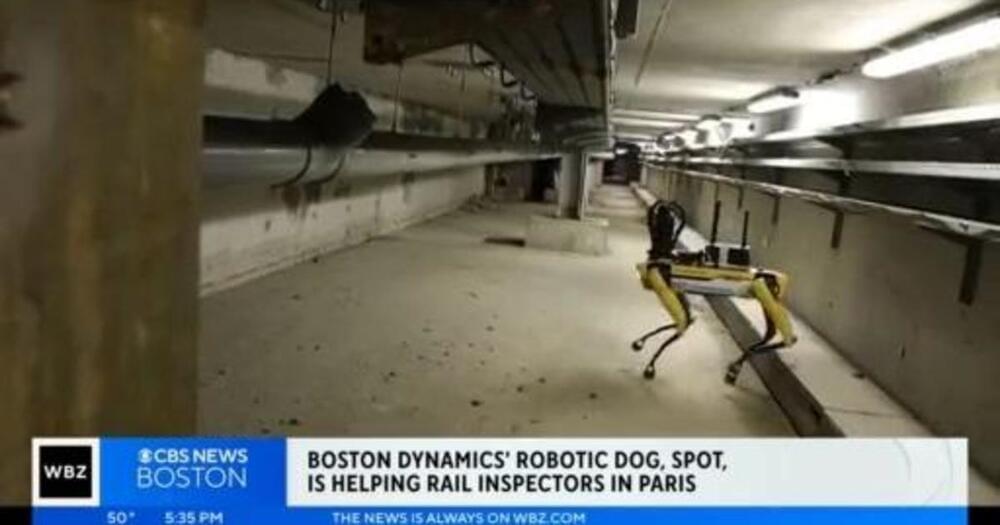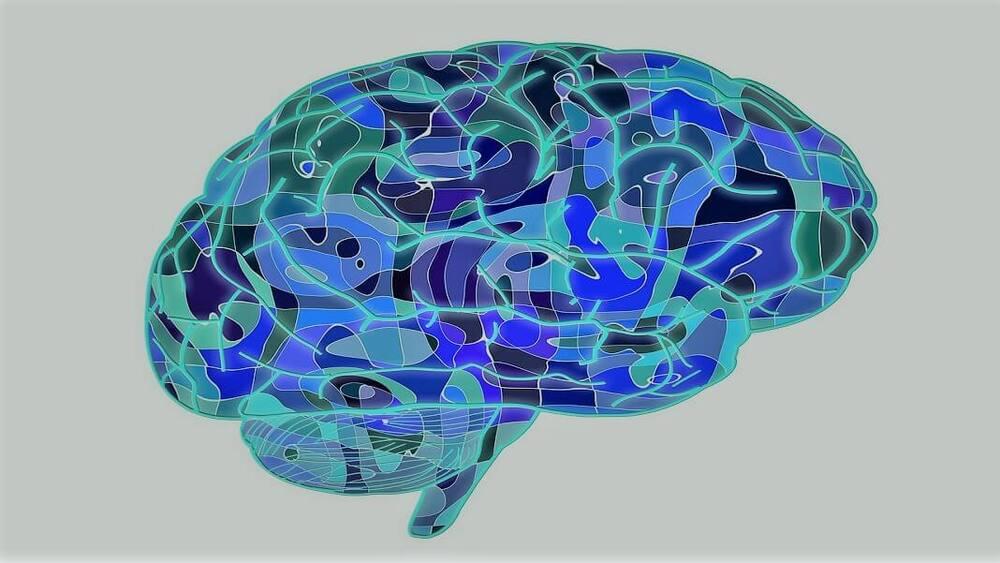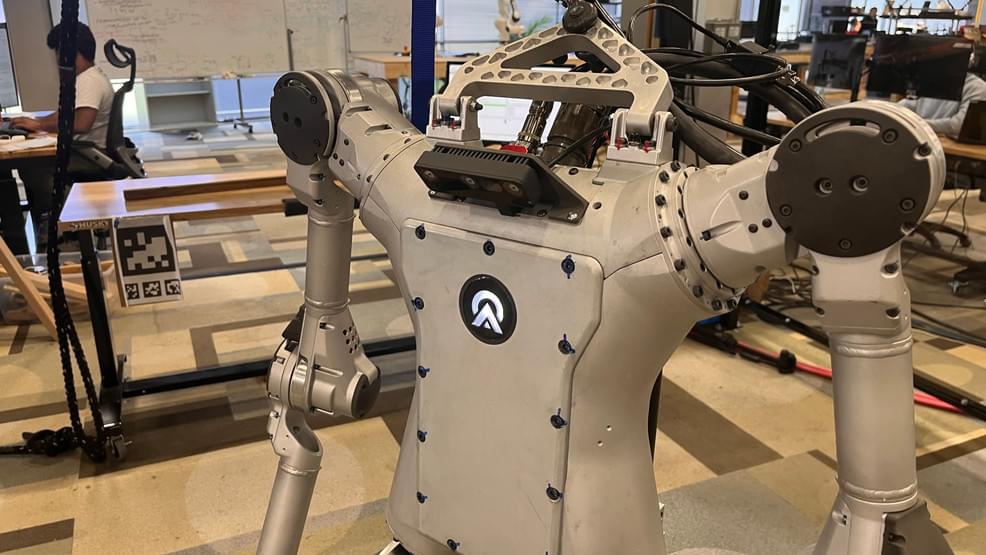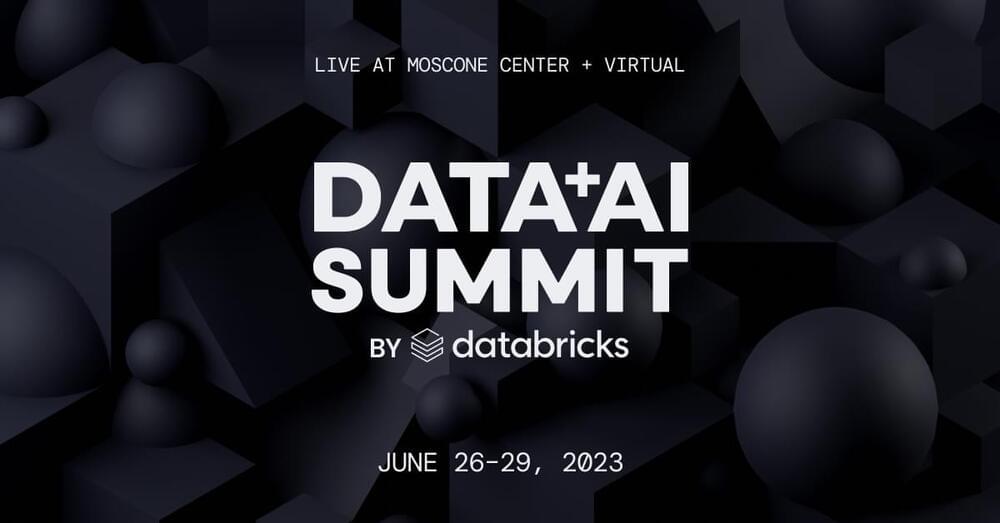AI used to discover abaucin, an effective drug against A baumannii, bacteria that can cause dangerous infections.





There has been shock around the world at the rapid rate of progress with ChatGPT and other artificial intelligence created with what’s known as large language models (LLMs). These systems can produce text that seems to display thought, understanding, and even creativity.
But can these systems really think and understand? This is not a question that can be answered through technological advance, but careful philosophical analysis and argument tell us the answer is no. And without working through these philosophical issues, we will never fully comprehend the dangers and benefits of the AI revolution.
In 1950, the father of modern computing, Alan Turing, published a paper that laid out a way of determining whether a computer thinks. This is now called “the Turing test.” Turing imagined a human being engaged in conversation with two interlocutors hidden from view: one another human being, the other a computer. The game is to work out which is which.

Don’t try finding Zuzalu on a map; it doesn’t exist anymore. It was a “pop-up city” conceived by the tech entrepreneur Vitalik Buterin, creator of Ethereum, and a group of like-minded people to facilitate co-living and collaboration in fields like crypto, network states, AI, and longevity. It was also, in substantial part, funded by Vitalik.
Zuzalu, located on the Adriatic coast of Montenegro, began its short history on March 25 and wound down on May 25. It was a complex and memorable phenomenon, and I’m wrapping my mind around a larger article in the works.
Usually, I don’t eat breakfast due to my intermittent fasting regimen, but in Zuzalu, breakfast, served at a particular local restaurant, was the healthiest meal of the day. Also, it was free (kudos to Vitalik, and more on that later). Most importantly, it was the place to meet new people.
The advent of autonomous-vehicle (AV) technology promises to upend urban mobility and transportation policy. Yet After years of development, with updates here and there from major players in the autonomous vehicle (AV) industry, we’re beginning to see some significant momentum building behind self-driving cars.
These vehicles are starting to hit the streets in limited pilot programs that test their ability to navigate real-world driving environments. Autonomous city car for taxi-sharing. It is a smart car.
It automatically finds the most successful route and distributes orders in the most profitable way. Designed by Roman Dolzhenko, this futuristic city car concept demonstrates minimalism should be the design language of the future.
“Wish I had this to cite,” lamented Jacob Andreas, a professor at MIT, who had just published a paper exploring the extent to which language models mirror the internal motivations of human communicators.
Jan Leike, the head of alignment at OpenAI, who is chiefly responsible for guiding new models like GPT-4 to help, rather than harm, human progress, responded to the paper by offering Burns a job, which Burns initially declined, before a personal appeal from Sam Altman, the cofounder and CEO of OpenAI, changed his mind.
“Collin’s work on ‘Discovering Latent Knowledge in Language Models Without Supervision’ is a novel approach to determining what language models truly believe about the world,” Leike says. “What’s exciting about his work is that it can work in situations where humans don’t actually know what’s true themselves, so it could apply to systems that are smarter than humans.”
As apocalyptic warnings go, today is right up there. Some of the world’s most influential tech geniuses and entrepreneurs say AI risks the extinction of humanity.
Having lobbed the ball firmly in the court of global leaders and lawmakers the question is: will they have any idea what to do about it?

